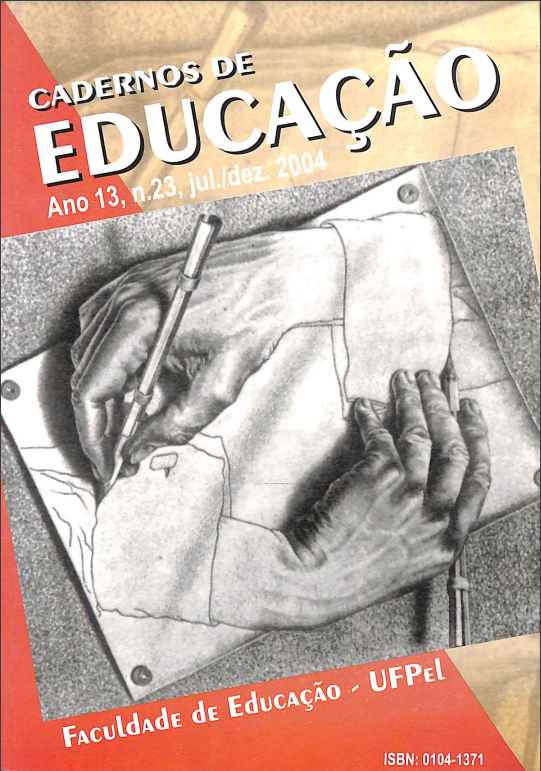ON THE UNIVERSALIZATION OF SCHOOL ACCESS IN BRAZIL AND THE QUALITY OF EDUCATIONAL STATISTICS
Abstract
This paper analyzes and discusses two closely interconnected issues: the universalization of school access in Brazil as it has been presented by several Brazilian researchers since the mid '1980es and the quality of educational statistics. The point of departure lies in two independent studies conducted in 1985. One of them (Fletcher, 1985) was based on the statistics about the movement in the school system and estimated that only 10,4% of the 9 year old children did not attend school in 1979. The other study (Ferrari, 1985) was based on statistics from the 1980 census and estimated that that rate was actually of 28,4%, that is, 2,7 times higher. The paper analyzes the evolution of the schooling rates from that time up to the 2000 census. It also discusses the comparative quality of the different statistics: those that refer to the movement in the school system (registration, drop-out rate, approvals, etc.) and have their origin in the school records, and those about the educational situation of the population provided by the censuses. It particularly discusses the quality of school records on the basis of the analysis of the dimension and the consequences of the family strategy of simultaneously registering the same child for the first grade class at different schools.


